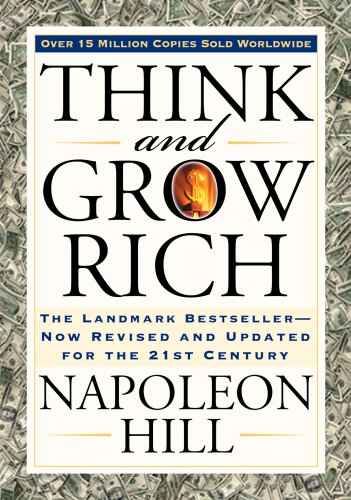Category: Management
Being and Nothingness by Jean-Paul Sartre
The idea of existential angst is one of the most profound effects of Sartre’s existentialist theories. This sense of dread, despair, and alienation from the human condition is a direct result of the realization that although people have complete freedom to choose what to do with their lives and how to live them, they will ultimately die and have to take responsibility for their decisions.

